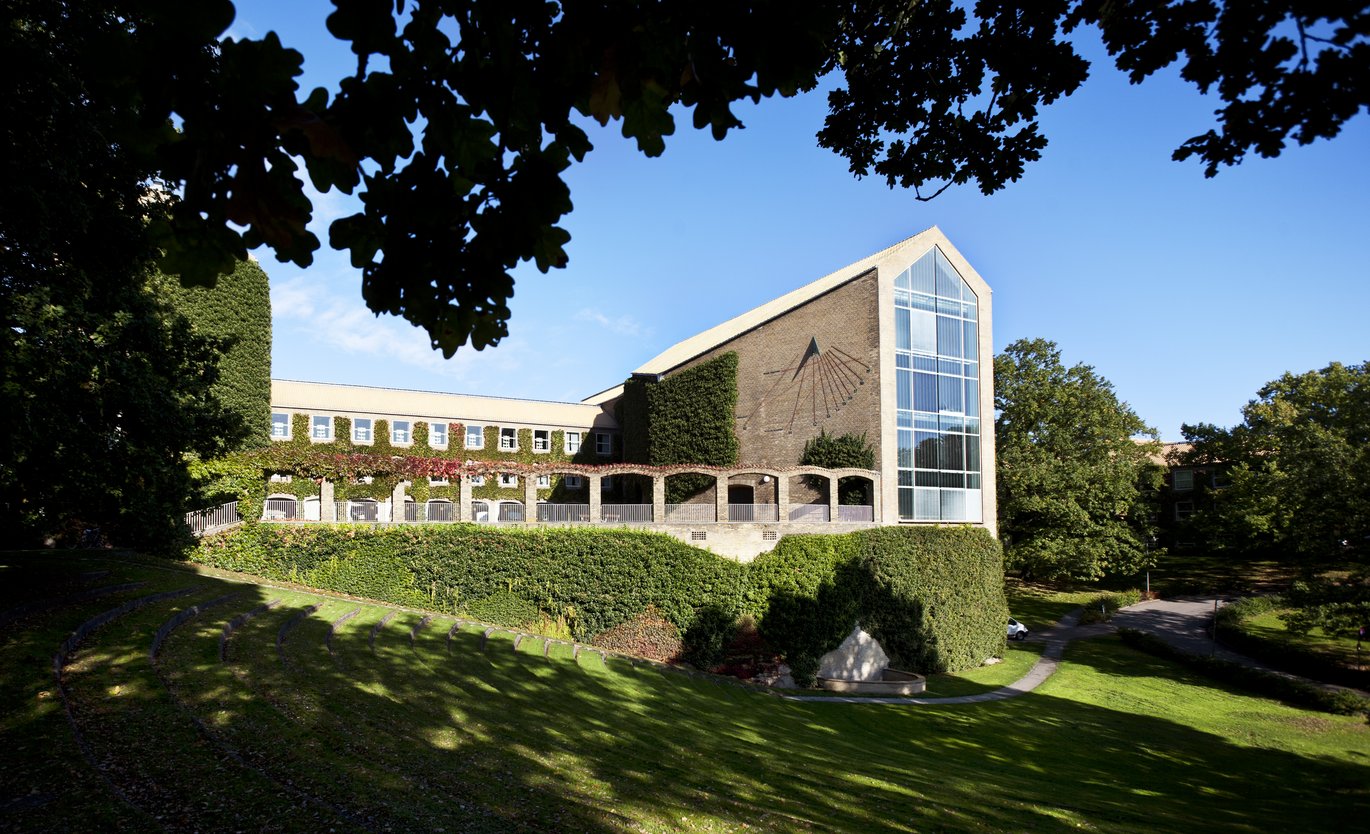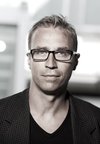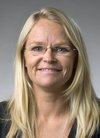Four new MSO professors appointed
Four new professors with special responsibilities (MSO) have been appointed for a five-year term which will begin on on 1 January 2012. These special professorships are intended to strengthen AU's research activities in fields with great potential for development.

' With their expertise in the fields of anthropology, technology, psychology and education, the new MSO professors will explore some of the global and local challenges which affect us all. Their special responsibilities will be to challenge our understanding of the significance of social ties and forgiveness to the experience of security in war-torn countries; children's use of technology; the role of emotion in modern management; and issues related to the welfare of small children in daycares, nurseries and kindergartens,' explains Anne Marie Pahuus, vice-dean for research and education at Arts.
The new MSO professors are:
Associate Professor, PhD Stig Broström, age 66, professor MSO, Language in daycare institutions.
Associate Professor, PhD Dorthe Staunæs, age 41, professor MSO, Management psychology and psy-management, diversity and emotions in education and organisations.
Associate Professor, PhD Ole Sejer Iversen, age 39, professor MSO, child-computer interaction.
Associate Professor, PhD Lotte Meinert, age 43, professor MSO, anthropology and security.
The special responsibilities:
 | Language in daycare institutions'My special responsibility is to contribute to the exploration of the pedagogy of daycare institutions, both theoretically and practically, including the relationship among children's welfare, learning, and development, in order to explore the relationship between learning (education) and welfare/"looking after" (care) from an educare perspective. With a focus on children's language and from an educare perspective, I will explore the earliest mimetoc and gestural elements of communication, verbal language and finally written language. A sociolinguistic understanding of language, which not only focusses on vocabulary, grammar and language comprehension, but also builds on the contextual, emotional, gesticular and mimetic interaction between the child and other people." Stig Broström, Childhood, Learning and Didactics, Aarhus University |
 | Management psychology‘My special responsibility is in the area of humanities research, specifically the relationship between management and human learning and development in educational institutions. There is an increasing interest in in the challenges of managing globalised, complex cultural institutions. This makes the concept of "psy-management" central. Psy-management is a form of management which is informed by psychology and pedagogy, and which often focusses on emotions and diversity. My goal is to meet theoretical and practical challenges through the development of new knowledge and data which can lead to new conceptions of the connections among psy-management, emotions and diversity in organisations. In addition, innovative new strategies and tool will be developed, such as "thought technologies" and "reflection laboratories".’ Dorthe Staunæs, Organisation and Learning, Aarhus University |
 | Child-computer interaction'The field it will be my special responsibility to contribute to is Child-Computer Interaction (CCI). CCI is an international field of research which is concerned with the understanding and design of children's interaction with technology. In the course of the MSO professorship, I will work with the theoretical, methodological and experimental dimensions of children's interaction with digital technologies in order to contribute to an understanding of children's and young people's development through digital technologies - with the development of new techniques and methods for the design of digital technologies by involving children in the design process - with design experiments to investigate new digital technologies to support engaging, well-thought-out learning environments for children and young people.' Ole Sejer Iversen, Information Studies, Aarhus Universities |
 | Anthropology and security'My special responsibility is to develop anthropological perspectives on human (in)security in an age characterised by radical transformation caused by factors such as population growth, climate change, increasing inequality and conflict. Traditionally, security is understood in relation to the military institutions and territories of the state. My research will focus on different social, cultural and existential dimensions of the creation of both a sense of security and "the good life", as well on the creation of insecurity, for example in relation to epidemics and death. Through fieldwork in Uganda, I will explore the meaning of (in)security and how it spreads from a range of insider positions, in collaboration with researchers from Uganda and elsewhere. We will develop experimental methods, both in our fieldwork and the communication of our results, and we will use forms such as installations and exhibits as laboratories for further research. Lotte Meinert, Anthropology, Aarhus University |